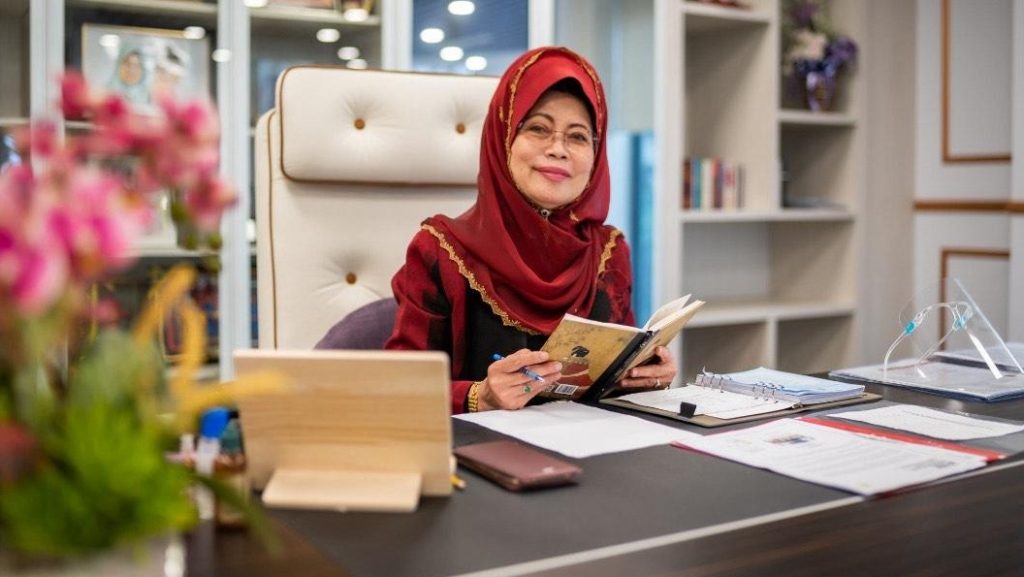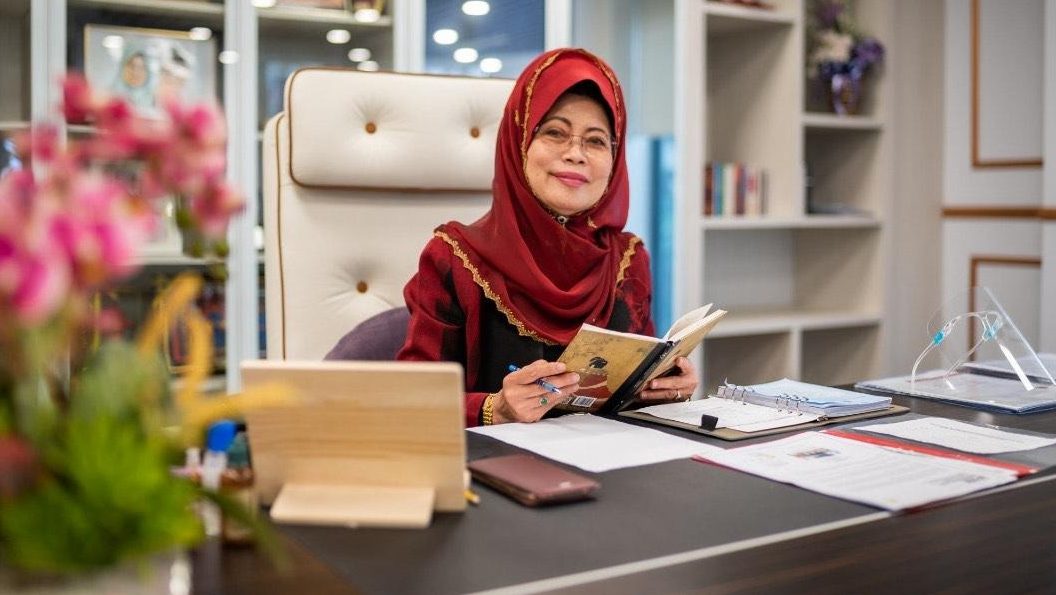Advertisements
Sarawak Municipalities Embrace UNICEF’s Child Friendly Cities Initiative

KUCHING, July 12 — Dato Sri Fatimah Abdullah, Minister of Women, Childhood, and Community Wellbeing Development, revealed today that all municipalities in Sarawak have committed to implementing the United Nations International Children’s Emergency Fund (UNICEF) Child Friendly Cities Initiative (CFCI). This significant milestone follows recent Memoranda of Understanding (MoUs) signed by Kota Samarahan Municipal Council (MPKS) and Bintulu Development Authority (BDA), solidifying their dedication to child-friendly urban development.
Seven Municipalities Pledge Support for Child Rights
The move to join pioneers such as Kuching North City Commission (DBKU), Kuching South City Council (MBKS), Miri City Council (MCC), Padawan Municipal Council (MPP), and Sibu Municipal Council (SMC) marks Sarawak as the leader in Malaysia with the highest number of participating local authorities in the CFCI initiative. Minister Fatimah emphasized that this collective effort aims to uphold the rights of children, aligning with the United Nations Convention on the Rights of the Child (UNCRC).
Advertisements
Survey and Action Plan Implementation
To gauge readiness and ensure effective implementation, UNICEF Malaysia has conducted a comprehensive Situational Analysis Survey across participating municipalities. This assessment will inform tailored CFCI Action Plans, outlining specific steps each local authority must take within a timeframe of two to five years to achieve recognition as a Child Friendly City.
“Completion of the survey for pioneering municipalities signals the next phase,” said Minister Fatimah, highlighting plans for action plan implementation starting in the latter half of 2024. Compliance assessments for Child Friendly City designation are slated to commence in April 2026.
Establishing Children and Young People Councils
Integral to the initiative is the establishment of Children and Young People Councils within each municipality. Comprising individuals aged 18 and younger, these councils will serve as advocates for children’s rights, offering insights and perspectives crucial to shaping policies that directly impact their lives.
Minister Fatimah expressed optimism about the transformative potential of these councils, asserting that their involvement will elevate the quality of urban life for young residents across Sarawak. She emphasized the importance of inclusive decision-making in fostering age-friendly and livable cities.
Future Prospects
Looking ahead, Minister Fatimah underscored Sarawak’s commitment to championing child rights through sustained engagement and participatory governance. As more municipalities embark on their CFCI journeys, the initiative is poised to set a benchmark for child welfare and urban development nationwide.


